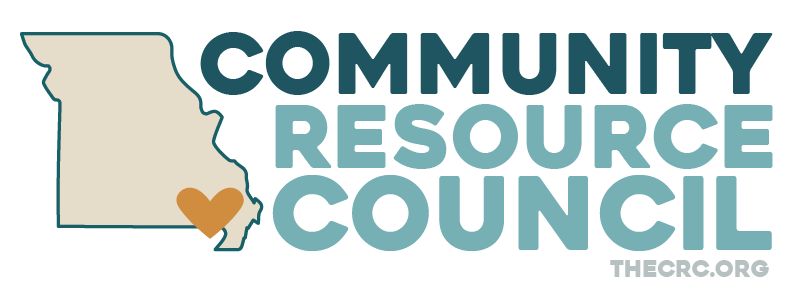Risk Factor: Family History of the Problem Behavior
All our previous blogs have addressed Protective Factors, but this month we are going to take a look at a Risk Factor. As a reminder, risk factors are factors present in a youth’s life that put them at a higher risk for using substances. I prefer to write about Protective Factors because these are usually something we have a direct impact on and are things we can make an effort to change in our children’s lives. While some risk factors can be changed, others cannot. Sometimes I find myself thinking that if there isn’t anything we can do about it, then there isn’t a need to talk about it, and this isn’t necessarily true. If we look at the science of prevention, we know that we can reduce the likelihood of a youth using substances by limiting the number of risk factors in a child’s life and increasing the protective factors.
Today we are going to discuss the risk factor of family history of the problem behavior. This risk factor is simple, if people in a child’s family have struggled with a behavior such as substance use it is more likely that the child will also struggle with these same behaviors. This stands true for other problem behaviors such as teen pregnancy, delinquency, school drop-out, violence, and mental health issues like depression and anxiety. This could be caused by genetics, environment, or even the favorable parental attitudes toward the problem behavior. We’ve all heard the saying “you can’t change your family”, and while this holds true there are things we CAN do to limit this risk factor in our children’s lives. I encourage you to examine your own life and the lives of the family members who have direct and regular contact with your child. Do you and your family members set an example for how you want your child to behave? If yes, great! If not, would it be possible to change your own behavior? Or is it necessary to limit the amount of time your children spend with family members who engage in risky behaviors?
I understand that we can’t always change our families, or the people who are raising our children. I also know that sometimes we love people and want our children to know them. So if you fall into that boat, you may be asking what can I do? The answer is simple, BE AWARE. Know that because of the child’s family history they are at a higher risk for using substances. Increase the number of protective factors in your child’s life. TALK TO YOUR CHILD. Open the lines of communication. Talk about the problem or risky behaviors your family members have dealt with and how they have affected their lives. Tell your child your hopes and dreams for them and why it is important for them to make healthy choices. Watch for warning signs of substance use or other risky behaviors and intervene when necessary. No family is perfect; however the support of a family can help our children to live happy and healthy lives.
